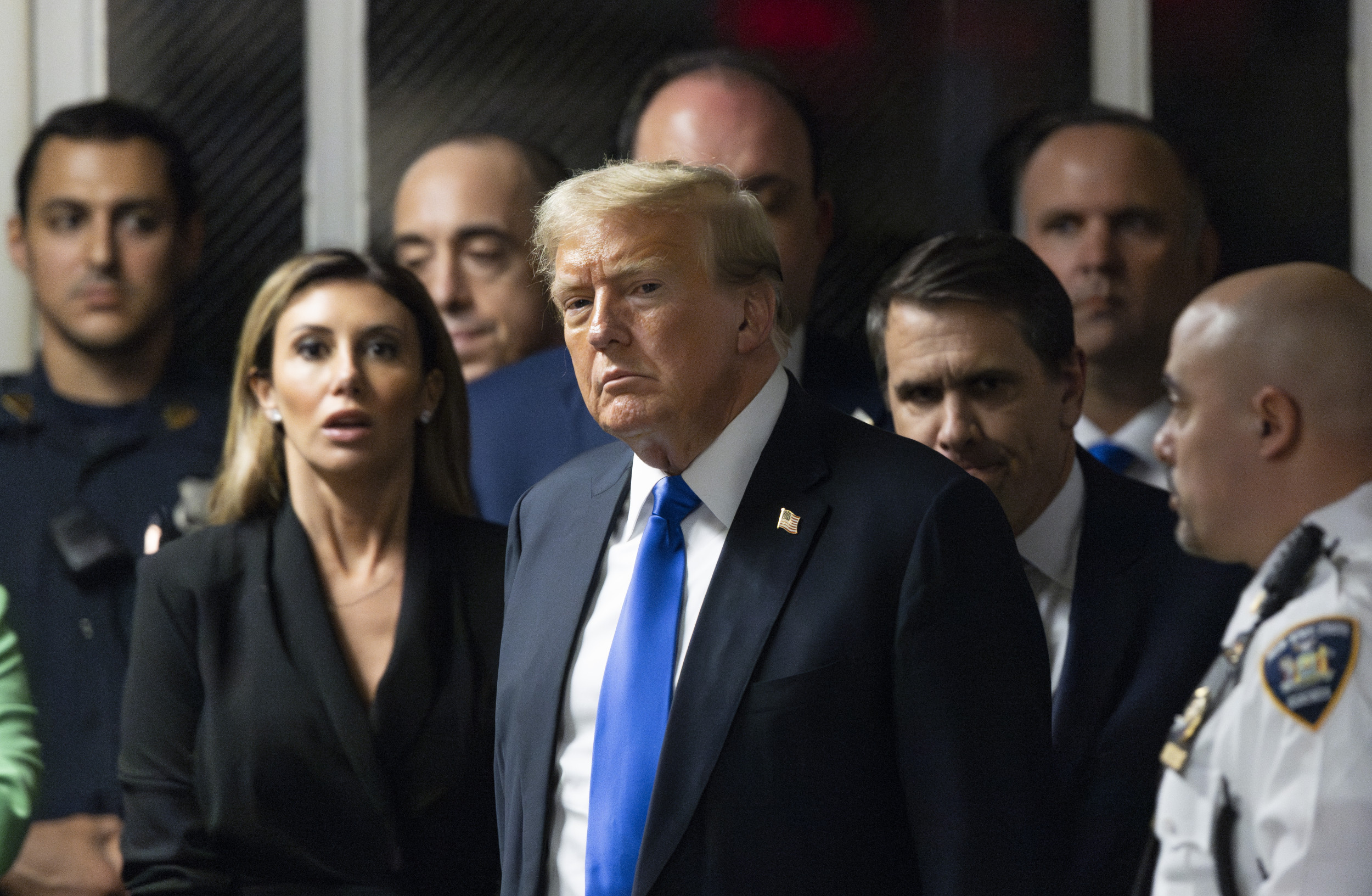I'm sorry, but if I have to use Senator Reid's private remarks describing Obama as "light-skinned" and praising his lack of a "Negro dialect" as a teachable moment for America, then this country is in an even greater state of denial (when it comes to race relations) than I even thought possible. Did Reid choose his words carelessly? Maybe, but then again "Negro" is a choice available to all Americans on the 2010 Census. But there is an education to get from this tempest in a teapot─in fact, it's a beautiful opportunity to show, once again, how so many of these moments could have educational value if the media praised not just racial neutrality but equal opportunity.
Because while I got a real kick out of Liz Cheney attempting to explain why Reid was a foaming racist on George Stephanopoulos's This Week and George Will's use of the word "scintilla" to defend Reid, I didn't so much enjoy watching a table of all white people discussing a topic (racist or not?) that would have been very much enlivened by the presence of a single person studied in the topic such as Peter Beinert, a senior political writer over at the Daily Beast, or Ta-Nehisi Coates over at The Atlantic. The person doesn't have to be black (Beinert isn't) but I've found, in my own journalism career, that if you want to talk about black issues, it's good to ask an African-American or two. In a column I wrote about the media and Obama, I wrote this on the state of our media and race issues:
This is what can be so unbelievably frustrating to African-Americans. We get apologies for things no reasonable person would be offended by, nonapology apologies when we are offended. (Really? Los Alamitos Mayor Dean Grouse didn't know black people were offended by watermelon jokes?) Meanwhile, nobody's having the kinds of discussions African-Americans would like to have─like whether increased diversity in the newsroom can prevent the negative racial stereotyping we saw during Hurricane Katrina, when black people were reported as "looting" while white people were said to be "foraging." Why can't we debate why, according to The Black Image in the White Mind written by Robert Entman and Andrew Rojecki, a mugshot of a black defendant is four times more likely to appear in a local television news report than one of a white defendant? No offense to MSNBC, but stories about white supremacists who are mad because the president is black don't contribute much to our national conversation about race other than "duh."
Attorney General Eric Holder got into trouble when he said that "we have always been and continue to be, in too many ways, essentially a nation of cowards ... We average Americans simply do not talk enough with each other about race." But he's right. We spend hours debating when we can say "monkey," but fall into awkward silence if substantive issues like affirmative action or crime rates in the inner city come up.
But, I get it. Race issues are scary. There are few souls brave (stupid?) enough to say what they think about the various races outside the privacy of their homes. It could cost you your career. Just ask Don Imus. But it just should not be so easy for the mainstream media to discuss racialized incidents without the benefit of black voices other than, of course, the obligatory benediction from the Rev. Al Sharpton. Diversity for diversity's sake may be considered old-fashioned, but getting the story right isn't, especially since such a diversity of voices only serve to enhance coverage of these issues for readers and viewers.
You can watch the video from This Week here:
Uncommon Knowledge
Newsweek is committed to challenging conventional wisdom and finding connections in the search for common ground.
Newsweek is committed to challenging conventional wisdom and finding connections in the search for common ground.





